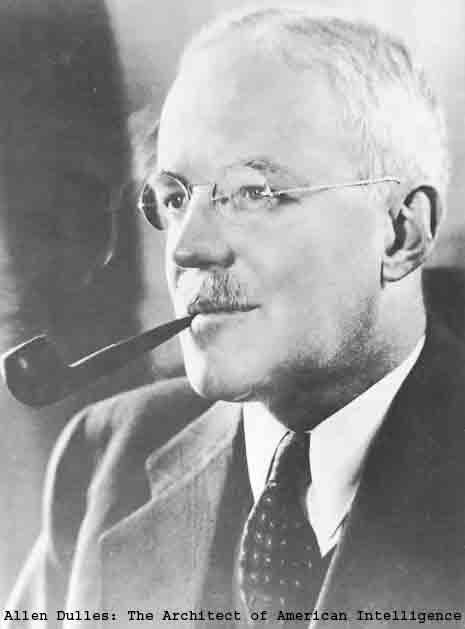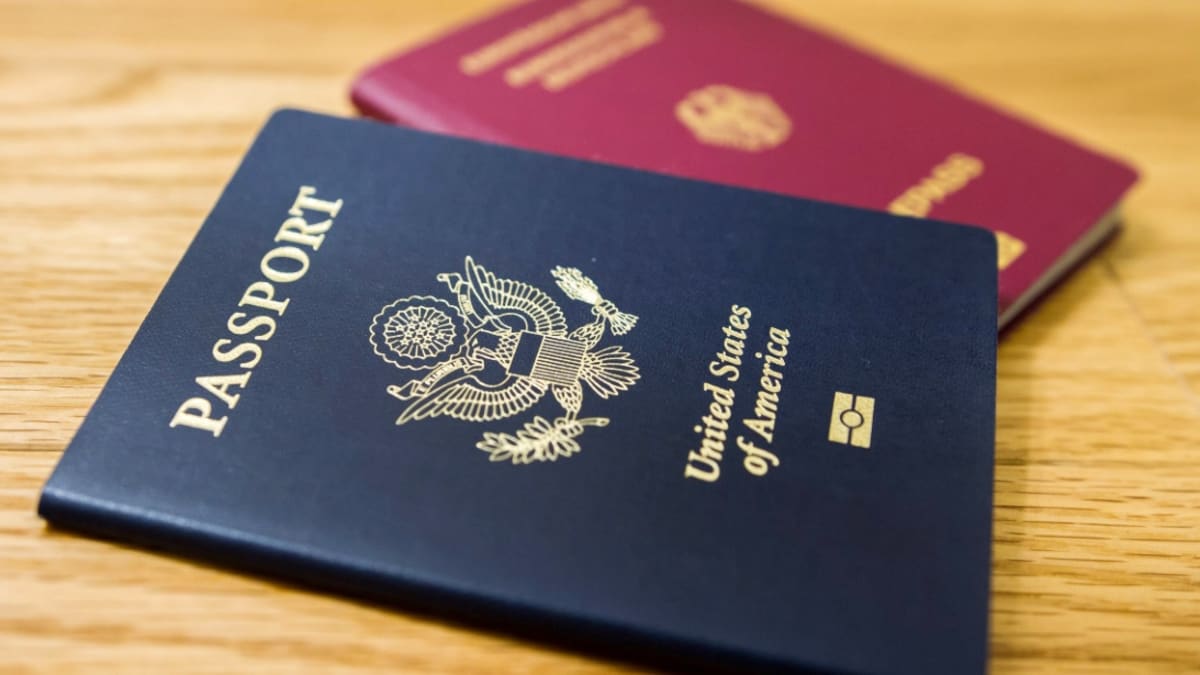
Introduction:
Allen Dulles, a name that resonates with intrigue and power, played a pivotal role in shaping the landscape of American intelligence during the Cold War era. Born on April 7, 1893, Dulles emerged as a key figure in the world of espionage, diplomacy, and geopolitics. This article delves into the life and career of Allen Dulles, exploring his early years, his contributions to intelligence operations, and his controversial legacy.
Allen Dulles Early Life and Education:
Allen Welsh Dulles was born into a family deeply rooted in American history. His grandfather, John Watson Foster, served as the Secretary of State under President Benjamin Harrison. Growing up in a family with a rich political background, Dulles developed an early interest in international affairs.
After completing his education at Princeton University, Dulles pursued law at George Washington University Law School, laying the foundation for a career that would significantly impact the course of global history.
World War I and the Office of Strategic Services (OSS):
Dulles’s entry into the world of intelligence began during World War I when he served as a diplomat in Switzerland. His diplomatic skills and multilingual abilities caught the attention of those in power, setting the stage for his involvement in intelligence activities.
With the outbreak of World War II, Dulles played a crucial role in the establishment of the Office of Strategic Services (OSS), the precursor to the Central Intelligence Agency (CIA). As head of the OSS in Switzerland, Dulles orchestrated covert operations, gathering intelligence and working closely with resistance movements in Europe.
Cold War and the Central Intelligence Agency
The end of World War II marked the beginning of the Cold War, an ideological struggle between the United States and the Soviet Union. In 1947, President Harry S. Truman signed the National Security Act, officially creating the Central Intelligence Agency.
Allen Dulles became a key player in the newly formed agency, serving as its deputy director and later as its director from 1953 to 1961. During his tenure, Dulles oversaw the CIA’s expansion and involvement in covert operations around the world.
Operation Ajax and the Overthrow of Mossadegh:
One of the most controversial episodes in Dulles’s career was the orchestration of Operation Ajax in 1953. The operation aimed at overthrowing Iran’s Prime Minister Mohammad Mossadegh, who had nationalized the country’s oil industry.
With British support, the CIA under Dulles successfully engineered a coup, installing Mohammad Reza Shah Pahlavi as the leader of Iran. While the operation achieved its immediate goals, it set the stage for long-term geopolitical consequences, contributing to the strained relationship between the United States and Iran.
The U-2 Incident and Fallout:
The U-2 incident in 1960 marked a significant setback for Dulles and the United States. A U-2 spy plane, piloted by Francis Gary Powers, was shot down over the Soviet Union, leading to heightened tensions between the two superpowers.
The incident strained U.S.-Soviet relations and ultimately resulted in Dulles’s resignation as the head of the CIA. This event highlighted the risks and challenges of conducting covert operations in the volatile context of the Cold War.
Bay of Pigs Invasion and Cuban Missile Crisis:
Dulles’s involvement in the Bay of Pigs invasion in 1961 further shaped his legacy. The ill-fated attempt to overthrow Fidel Castro’s regime in Cuba ended in failure, tarnishing the reputation of both Dulles and the Kennedy administration.
The Bay of Pigs became a defining moment in Dulles’s career, showcasing the complexities and pitfalls of covert operations. A year later, during the Cuban Missile Crisis, Dulles played an advisory role, leveraging his experience to navigate the tense standoff between the U.S. and the Soviet Union.
Legacy and Controversies:
Allen Dulles’s legacy is a complex tapestry of accomplishments and controversies. While he played a crucial role in shaping the intelligence apparatus of the United States during the Cold War, his methods and decisions have been the subject of ongoing debate. Critics argue that Dulles’s approach to covert operations, characterized by a willingness to embrace morally ambiguous tactics, contributed to the erosion of ethical standards within the intelligence community.
The Warren Commission and JFK Assassination:
Dulles’s involvement in the Warren Commission, tasked with investigating the assassination of President John F. Kennedy in 1963, added another layer of controversy to his legacy. Some have raised questions about Dulles’s role in the investigation,
given his strained relationship with Kennedy and the CIA’s involvement in various Cold War intrigues. The findings of the commission remain a topic of debate and conspiracy theories, further complicating Dulles’s posthumous reputation.
Conclusion:
Allen Dulles’s impact on American intelligence and geopolitics cannot be overstated. From his early diplomatic endeavors to his pivotal role in the CIA during the Cold War, Dulles navigated a complex web of international relations, covert operations, and geopolitical chess games.
While his legacy is marked by significant achievements, it is also clouded by controversies and ethical dilemmas that continue to shape discussions about the role of intelligence in the modern world. Understanding Dulles’s contributions and shortcomings is essential for grasping the intricacies of Cold War history and the evolution of American intelligence.









